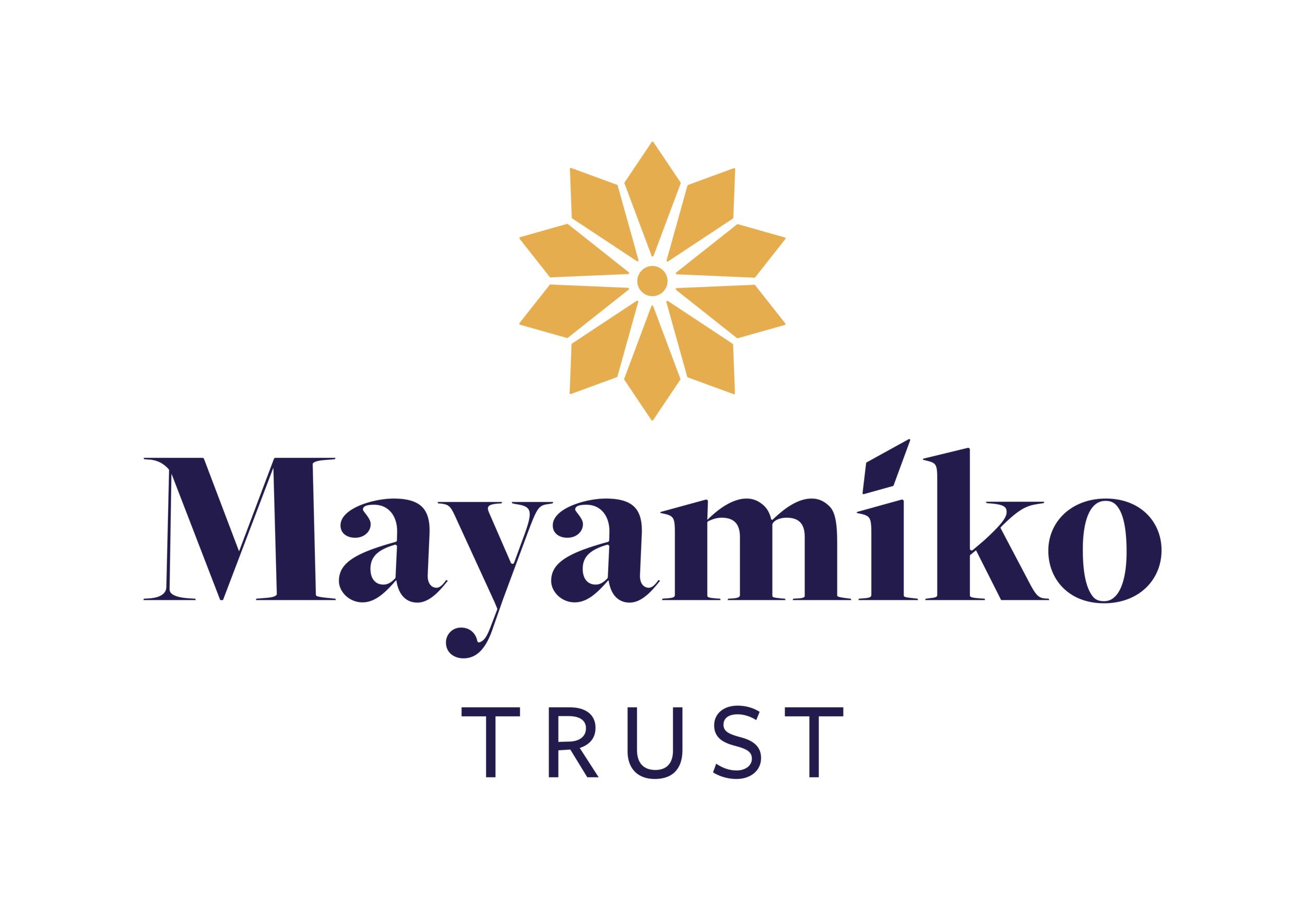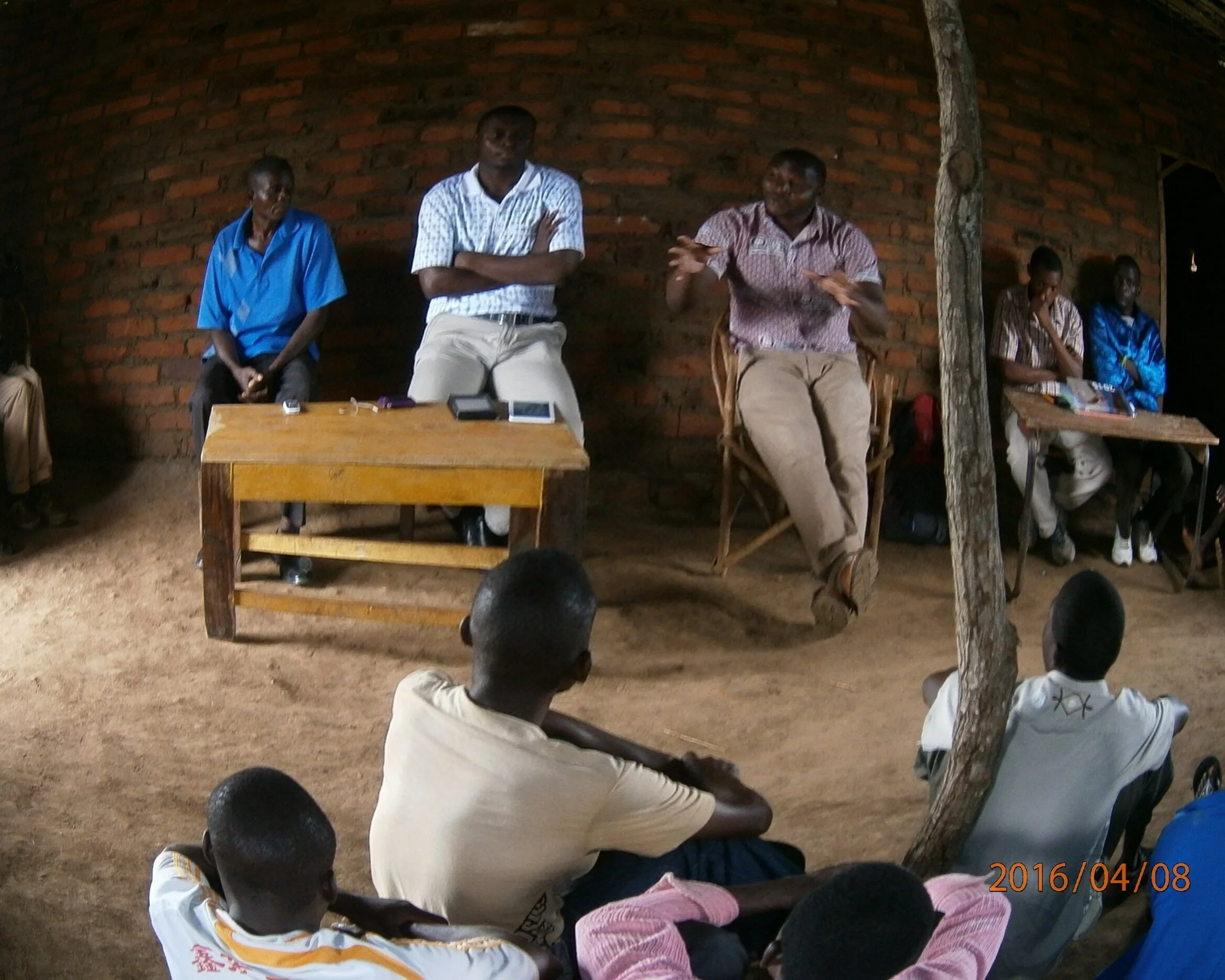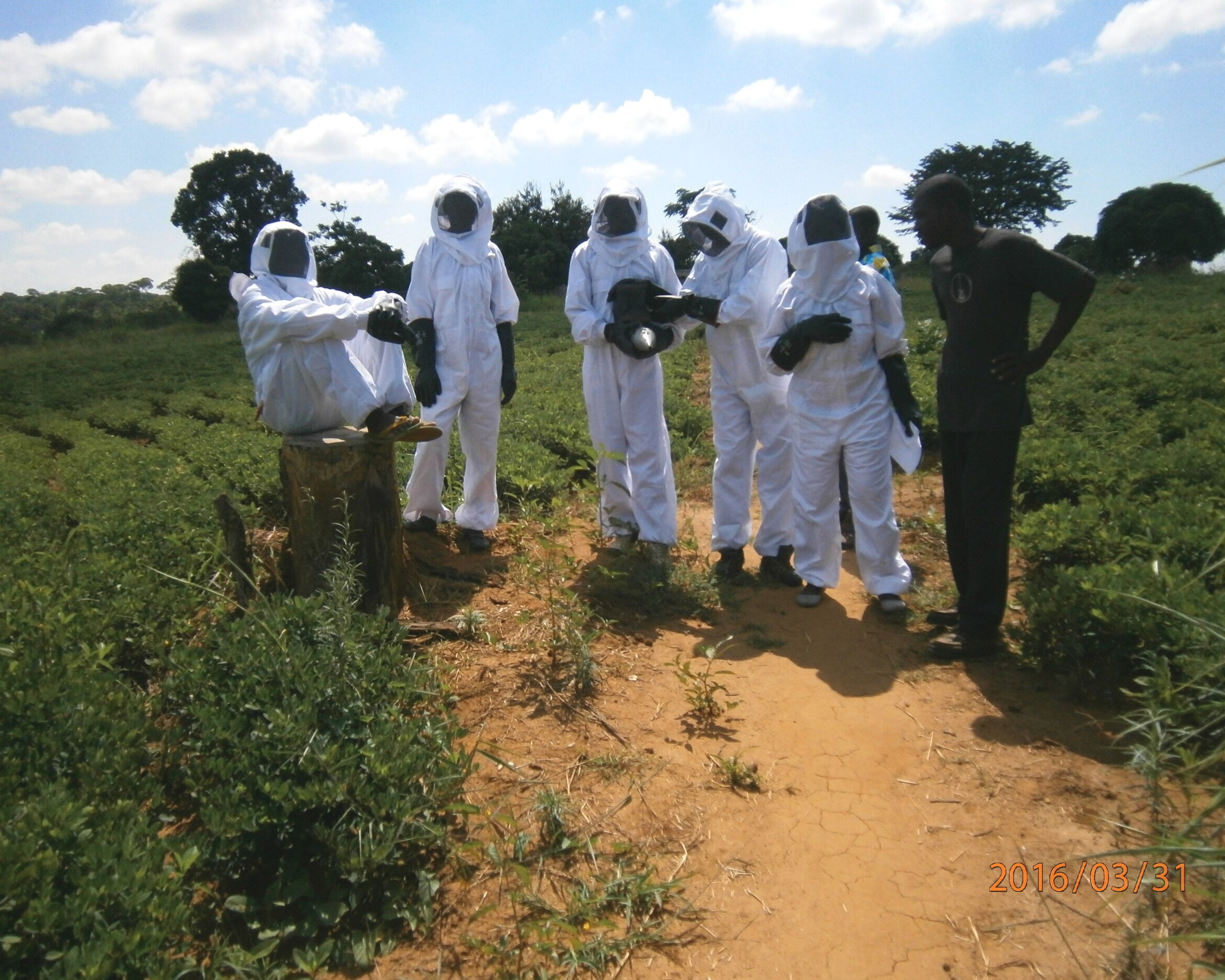BEE KEEPING
Combining conservation and job creation.
By funding beekeeping training for 90 individuals and providing graduates access to Microfinance grants, Mayamiko Trust helped to develop livelihoods for participants and protect elephants in the process.
The problem
Forests are often seen as a source of timber, which can lead to reckless abuses and rampant deforestation. This was the case for the local forest in the northern area of Malawi near the village of Bamba. Community members told us that the forest was being depleted as no one saw value in it aside from timber, and this was also causing conflict between villagers and the elephant population, whose habitat was getting encroached on as the forest shrank.
The SOLUTION
We worked with the local community on an initiative to create sustainable jobs and protect the natural environment. In 2016 we funded a pilot training 90 Natural Resource Committee (NRC) members, from the village of Bamba to become bee-keepers. The aim of the project was to give trainees an opportunity to generate a sustainable and reliable income from the sale of pure forest honey. Upon completion, trainees received a certificate enabling them to apply for a microfinance scheme which could help them set up their own bee-keeping business.
Encouraging beekeeping not only maintains a healthy pollinating population, but placing hives on the edge of forests has helped value them, slow down deforestation and create a warning post to elephants. Elephants, scared of the sound of bees, stay away from areas where masses reside. This helps to keep the elephants deeper into the forest where they and the locals are safer.
The project has helped to change the lives of participants and their families, while aiding conservation and reducing conflict between elephants and local communities.
We are hoping to extend this training to more people in the region and develop a tailored bee-keeping and conservation curriculum.
“We can now live in harmony with our forests and the elephants, and earn good money from it. Everyone wins!”
90
active beekeepers protecting elephants, people and the environment.
“I love bee-keeping as it gives me an income and a future to look forward to for me and my family. The micro loan to buy hives has really helped me. We can now live in harmony with our forests, and earn good money from it. ”








